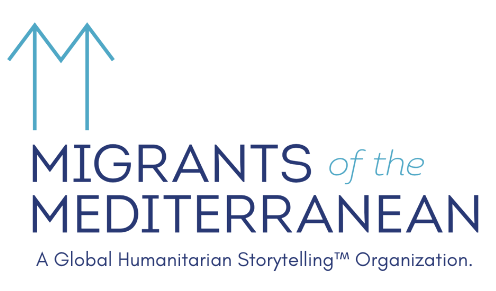MotM Update
Libya Dispatch: Peace Talks Begin In Berlin
by Nick O’Connell
EU Political Analysis
18 January 2020
Tomorrow, Sunday, January 19 Libyan, regional, and European leaders will meet in Berlin to address the ongoing Libyan political crisis.
A toxic mix of political, military, and economic instability has made Libya volatile for years, and the North African country has been on the brink of failure for almost a decade, engulfed in civil war, and transformed into a prolific ground for regional powers interference.
Just a few weeks ago, Turkish President Recep Tayyip Erdoğan received parliamentary approval to send ground troops in the region to support the internationally recognized Government of National Accord (GNA) headed by Fayez al-Serraj.
On the other side, Saudi Arabia, Egypt, and the UAE continue to provide military and economic support for General Haftar, who has kept Tripoli—GNA headquarters—under siege for months.
Further in the South, where the Sahara desert meets the country’s oil reserves, extremists and warlords have fully taken over the migration route and established a region of anarchy.
In the midst of these fast paced developments, European countries and Russia have stepped in, driven economically by the country’s natural resources and its crucial role within the Central Mediterranean migration route.
This snapshot of the country’s ongoing crisis sheds light on the current talks’ importance. In fact, any long-term solution to Europe’s migratory policy shortcomings must pass through a stable Libya.
And despite the country’s instability, the World Bank estimates that climate change alone will force 86 million in sub-Saharan Africa to migrate toward Europe by 2050.
If the Union is to effectively address the quasi-unavoidable migration flow that is yet to come, it must first step in to diplomatically resolve the Libyan civil war, and admit that migration is not a crisis but a way of being and a natural element of the historical course.
Although indirectly, the Libyan crisis is of the utmost importance to the European Union’s stability.
If the old continent is to find peace over the divisive issue of immigration, a key factor responsible for growing nationalism and polarization, it will first have to cooperate with other regional actors such as Turkey, Russia, and Saudi Arabia to reach a peace deal in Libya.
To argue that the fate of the European Union will be determined by how the continent’s leaders deal with humanity and develop a congruent political response to it is not an overstatement.
The continent’s most prominent nationalist and far-right parties (such as the National Front in France or the League in Italy) are succeeding in part because of Europeans’ fear of the Other, and for outsiders being seen as an infringement on the continent’s prevailing ethnic, religious, and cultural traits.
If the new EU leadership is to effectively address the migration flow and reach a long term solution, Libya must be a top priority. The North African state is now entering its ninth year of Civil War with no end in sight and has proven to be a criminal haven for those profiting off migrants’ lives.
Organizations like Migrants of the Mediterranean shed light on the incredible human rights abuses happening every day in Libya, but our hope is that regional leaders can finally sign an agreement that will put human lives before political gains.

